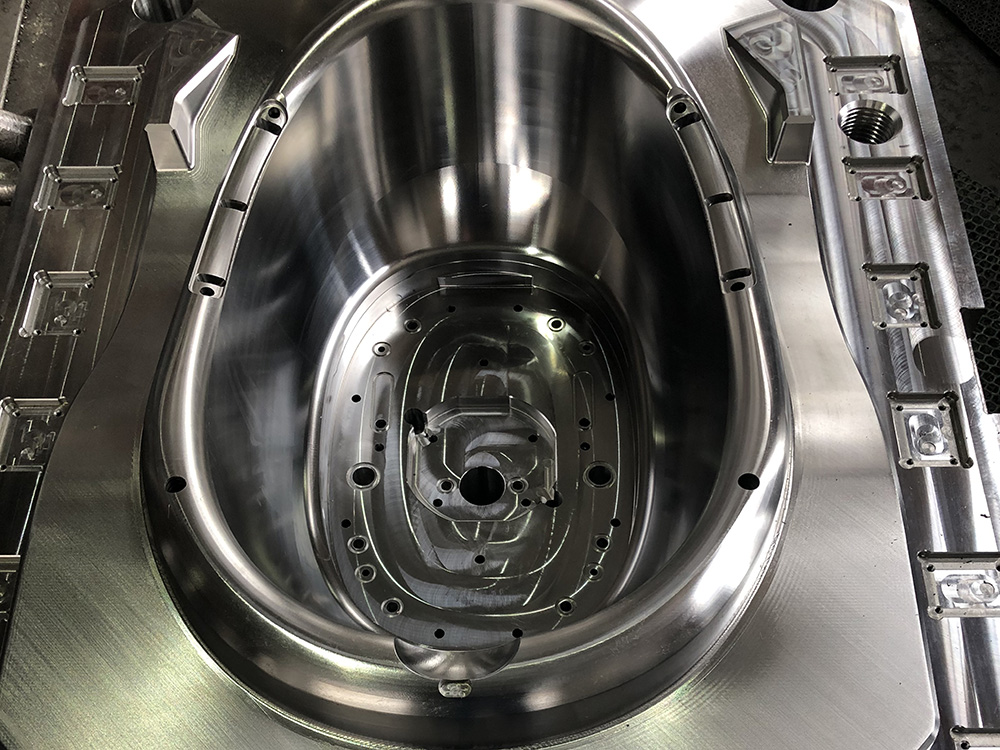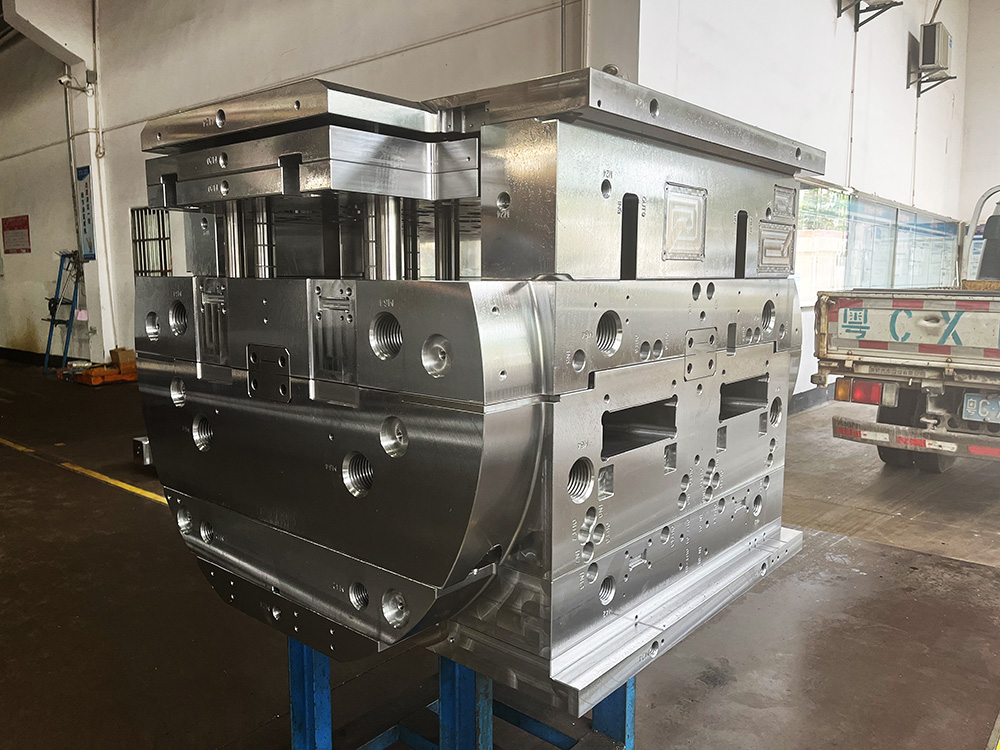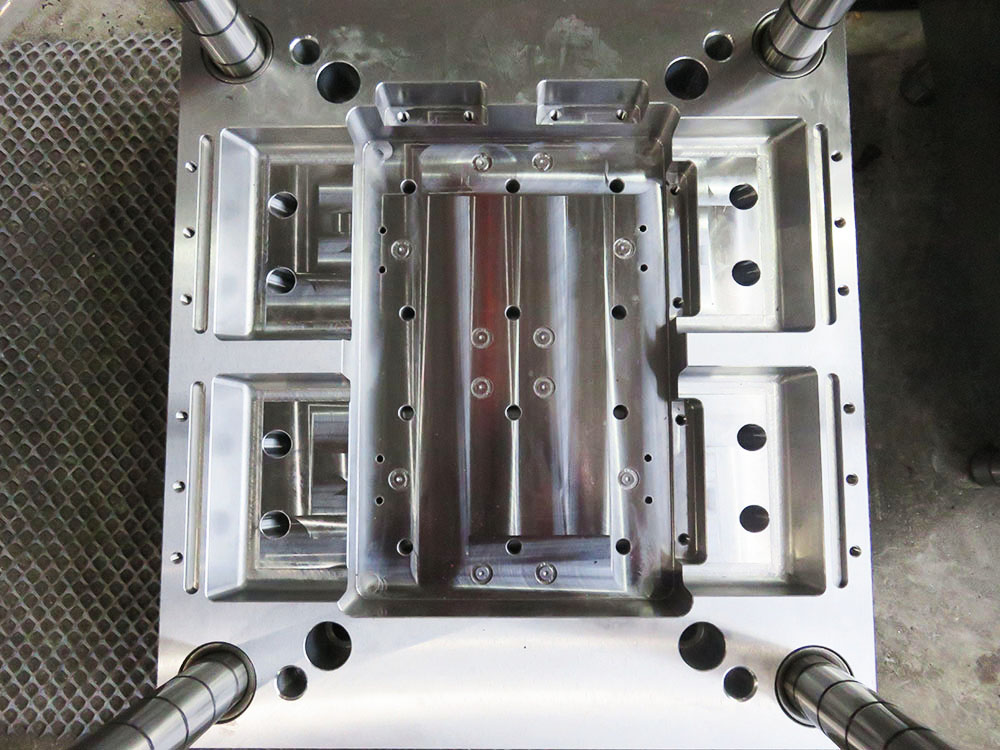The Importance of Mold Base Industry
The mold base industry plays a crucial role in the manufacturing sector, providing the foundation for the production of various plastic and metal components. Mold base refers to the part of a mold that holds and supports the mold cavity, core, and other components necessary for the injection or casting process. In this article, we will delve into the concept and significance of the mold base industry.
Understanding Mold Base
A mold base is essentially a standardized mold frame that serves as a platform for creating molds for specific products. It typically consists of a cavity or core insert, guide pins, and support pillars. The choice of mold base material, such as steel or aluminum, depends on factors like production volume, budget, and the specific requirements of the project. The design and construction of a mold base are critical to ensure precision, durability, and compatibility with the molding machine.
The Role of the Mold Base Industry
The mold base industry acts as a crucial link in the manufacturing supply chain, facilitating the production of a wide range of consumer and industrial products. It provides the foundation for the creation of molds used in various industries, including automotive, electronics, medical, and packaging. The quality and reliability of a mold base directly impact the final product's quality, production efficiency, and cost-effectiveness.
The mold base industry works closely with mold makers and manufacturers to meet the intricate demands of different projects. It offers standard mold base designs that can be customized based on the specific requirements of a product. Specialized features, such as cooling channels, ejector systems, and alignment components, can be incorporated into the mold base to optimize the production process.
Advancements in Mold Base Technology
The mold base industry has evolved significantly, driven by technological advancements and the need for more efficient and precise manufacturing processes. Computer-aided design (CAD) and computer-aided manufacturing (CAM) technologies have revolutionized mold base production, enabling faster prototyping and reducing lead times.
Additionally, the integration of automation and robotics in mold base manufacturing has enhanced productivity and accuracy. Advanced machining techniques, including high-speed milling and electrical discharge machining (EDM), have improved the precision and surface finish of mold base components.
Quality Assurance in the Mold Base Industry
A robust quality assurance process is essential in the mold base industry to ensure the reliability and longevity of the molds produced. The use of advanced inspection equipment, such as coordinate measuring machines (CMMs), allows manufacturers to verify the dimensional accuracy of mold base components. Rigorous testing ensures that the molds can withstand the demands of high-production environments.
In addition to quality assurance, the mold base industry also emphasizes continuous improvement and innovation. Collaborations with material suppliers and research institutions enable the development of new materials, coatings, and technologies that enhance the performance and lifespan of mold base components.
Conclusion
The mold base industry plays a vital role in the manufacturing sector, providing the foundation for the production of molds used in various industries. It is instrumental in enabling efficient and cost-effective manufacturing processes, ensuring high-quality products for the global market. With advancing technology and a focus on quality assurance, the mold base industry continues to evolve, meeting the ever-changing demands of the manufacturing industry.




